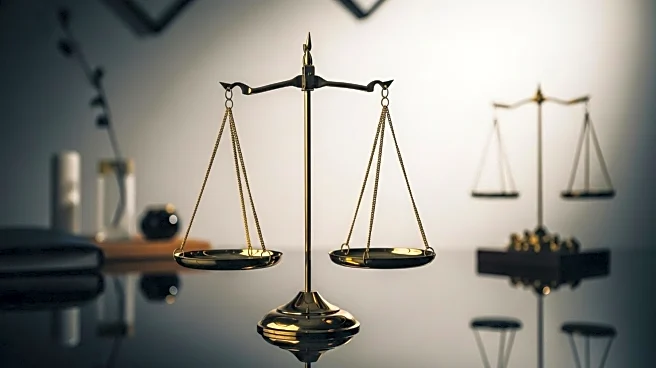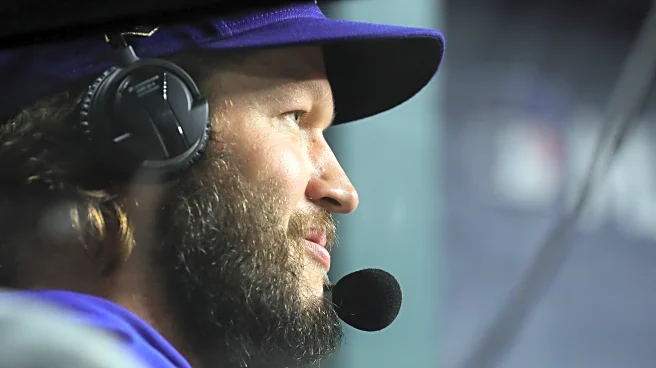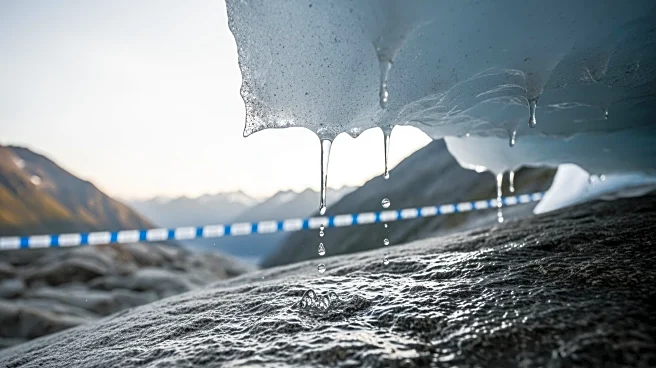What's Happening?
Alan Dershowitz, a retired Harvard Law professor and former member of President Trump's legal team, has lost an appeal in his defamation lawsuit against CNN. The 11th U.S. Circuit Court of Appeals upheld a previous ruling that dismissed Dershowitz's case, which centered on CNN's coverage of his remarks during President Trump's 2020 impeachment trial. The court found that Dershowitz failed to provide evidence that CNN acted with 'actual malice' in their reporting. Dershowitz argued that his statements were misinterpreted by CNN commentators, but the court maintained that there was no intentional wrongdoing by the network. Despite the ruling, Dershowitz plans to appeal to the U.S. Supreme Court, challenging the application of the landmark New York Times v. Sullivan case, which sets a high bar for proving defamation against public figures.
Why It's Important?
This case highlights the ongoing tension between public figures and media organizations regarding defamation and the standards set by New York Times v. Sullivan. The ruling reinforces the protections afforded to the press under this precedent, which requires proof of 'actual malice' for defamation claims by public figures. The outcome is significant for media outlets, as it underscores the legal shield provided to journalists when reporting on public figures, even if their interpretations are contested. For Dershowitz, the decision represents a setback in his efforts to hold media accountable for what he perceives as misrepresentation. The case also reflects broader debates about media responsibility and the balance between free speech and reputational harm.
What's Next?
Dershowitz intends to appeal the decision to the U.S. Supreme Court, seeking to challenge the current defamation standards. If the Supreme Court agrees to hear the case, it could potentially lead to a reevaluation of the New York Times v. Sullivan precedent, which has been a cornerstone of U.S. defamation law for decades. Such a review could have far-reaching implications for both media organizations and public figures, potentially altering the legal landscape for defamation cases.
Beyond the Headlines
The case raises questions about the ethical responsibilities of media outlets in accurately representing public figures' statements. It also touches on the cultural and legal implications of defamation law in the digital age, where information spreads rapidly and interpretations can vary widely. The outcome of any Supreme Court review could influence how media organizations approach reporting on controversial figures and issues.









